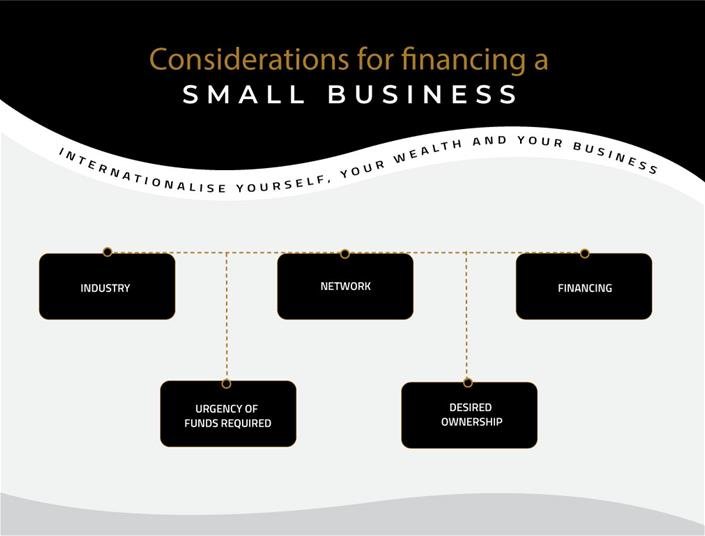In recent years, the American insurance business has been subjected to a large amount of upheaval as a direct result of the proliferation of insurtech startups. These forward-thinking organizations are transforming many areas of the traditional insurance environment by utilizing technology and data-driven techniques in their business strategies. Insurtech firms are posing a challenge to established players across the sector and redefining the future of the business. These challenges range from customer acquisition and underwriting to claims processing and risk management.
Approach Centered on the Customer New insurtech companies are putting a significant amount of emphasis on customer-centricity, with the goal of enhancing the whole experience that policyholders have with their insurance. These firms are able to provide individualized policies, quick quotations, and simpler claims processes because they leverage cutting-edge technologies such as artificial intelligence (AI) and machine learning (ML). Customers have an easier time comparing insurance alternatives, personalizing their coverage, and managing their plans through the use of user-friendly mobile apps and internet platforms. This results in better convenience and transparency.
Enhanced Underwriting and Risk Assessment The traditional underwriting processes can take a lot of time and rely on manual assessments. Enhanced underwriting and risk assessment might help. On the other hand, insurtech startups are beginning to implement data-driven algorithms and advanced analytics in order to speed up and improve risk assessment. These new businesses are able to generate more precise risk profiles and provide consumers with more individualized coverage because they have access to enormous amounts of data from a variety of sources, such as social media profiles, Internet of Things devices, and databases maintained by third parties. Because of this, they are able to more accurately detect prospective risks and price their insurance plans accordingly.
Channels of Digital Distribution: New insurtech companies are reshaping the insurance distribution landscape by utilizing various developing technologies and digital distribution channels. They are eliminating the need for traditional intermediaries by communicating directly with clients through the utilization of online platforms and mobile applications. This streamlined strategy both lowers costs and makes it possible for new businesses to offer policies at prices that are more competitive. In addition, entrepreneurs in the insurance technology sector are investigating the possibility of forming strategic alliances with other types of digital platforms, such as ride-sharing and home-sharing services, in order to incorporate their products and services seamlessly into their customers’ daily routines.
Improved Claim Processing The process of filing a claim has traditionally been a source of aggravation for insurance policyholders. It is characterized by a large amount of paperwork, delays, and frustrations. These difficulties are being addressed by insurance technology startups via the implementation of automated claims processing systems. Customers are guided through the claims process by chatbots and virtual assistants powered by AI, which eliminates the need for significant paperwork and enables claims to be settled more quickly. In addition, new businesses are implementing picture recognition and data analytics in order to speed up the process of assessing claims, identify fraudulent activity, and make payments more frictionless.
Data Analytics and Risk Management: Insurtech businesses are embracing big data analytics and advanced risk management tools to obtain deeper insights into the behavior of their customers and to identify emerging hazards in order to compete more effectively. These firms are able to make more informed judgments regarding risk pricing, product development, and fraud prevention because they analyze huge volumes of structured and unstructured data, including customer demographics, online behavior, and historical claims data. This data-driven approach enables them to react quickly to shifting market conditions, alter their product offerings, and provide cutting-edge insurance solutions that are adapted to the changing requirements of individual customers.
The tremendous innovation that insurtech firms bring to the insurance business is accompanied, however, by the need for them to collaborate in order to overcome the regulatory obstacles they face. There is a possibility that regulations created for conventional insurance models will not adequately address the one-of-a-kind qualities and dangers connected with developing technology. Insurtech entrepreneurs are engaging with regulators and industry stakeholders to create an environment that is conducive to technological innovation while also protecting customers. This is being done so that the startups can overcome the challenges they face. Through this partnership, we hope to develop modernized regulatory frameworks that strike a healthy balance between innovation and risk reduction.
The disruptive power of new insurtech companies shows no signs of abating, which bodes well for the future of the insurance industry. Their continued emphasis on customer-centricity, technological innovations, and data-driven decision-making will have a significant impact on the future of the insurance business in the United States. Traditional insurance processes will also continue to be redefined. Established insurance businesses are rapidly recognizing the need to embrace innovation and adapt to the changing market. This has led to collaborations, investments, and acquisitions that bridge the gap between traditional insurance models and digital insurance models.
To summarize, insurtech startups are revolutionizing the industry.



